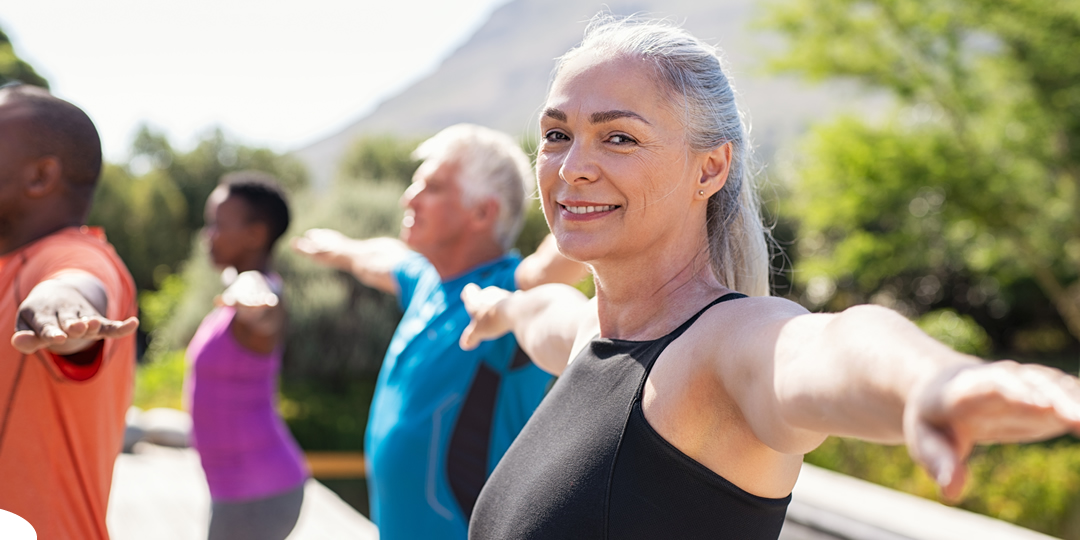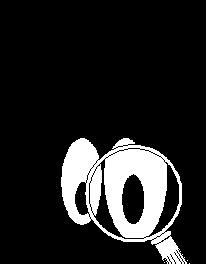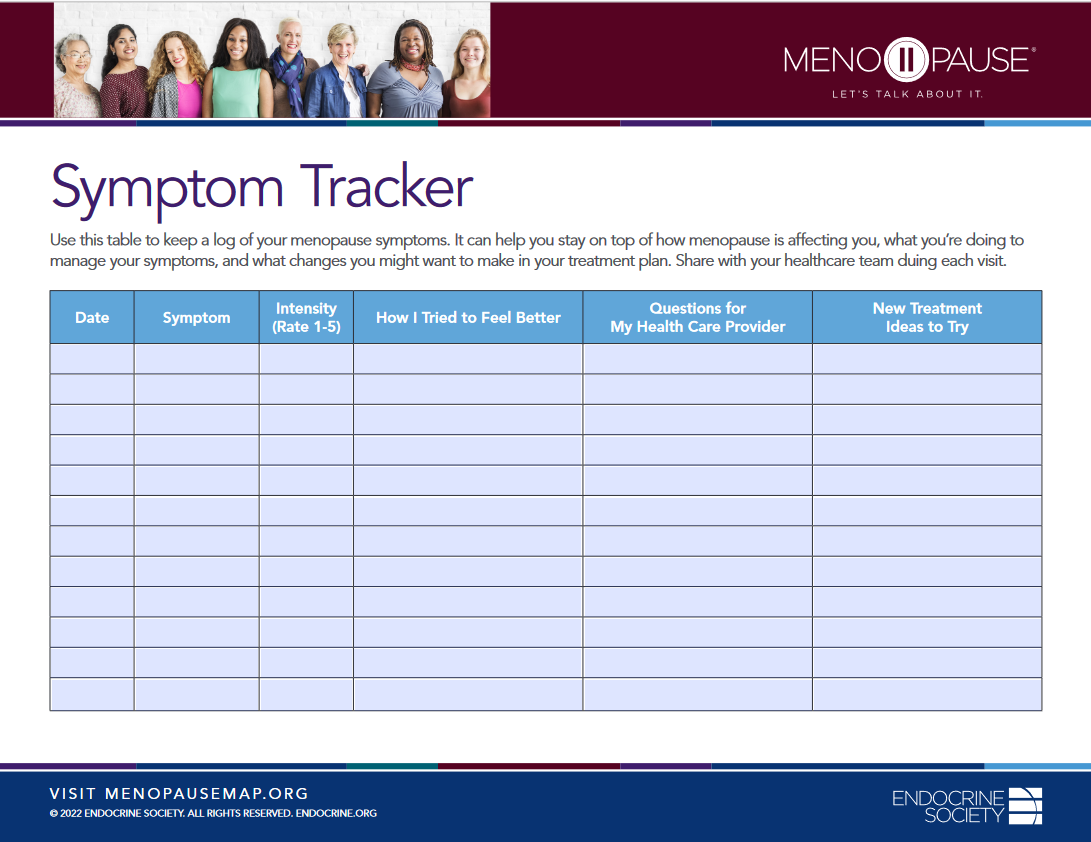“It’s common to experience sleep disturbance
during menopause. Around 25%
of women aged 50–64 years have sleep problems”.1
Umbrella
What may the Sleep Umbrella include?
Depending on the Source (DotS) this Umbrella may include:
- Insomnia
- Insufficient Sleep
- Sleep Apnea
- Sleep Changes/Difficulties/Disturbances/Problems/Symptoms
- Sleep Disorders
- Snoring
- Unsatisfactory Sleep
How Much Sleep Do We Need?
How much sleep do we need?
In Brain Basics: Understanding Sleep – How Much Sleep Do We Need? the (United States) National Institute of Neurological Disorders and Stroke elaborate on:
“Your need for sleep and your sleep patterns change as you age, but this varies significantly across individuals of the same age. There is no magic amount of sleep that works for everybody of the same age. Babies initially sleep as much as 16 to 18 hours per day, which may boost growth and development (especially of the brain). School-age children and teens on average need about 9.5 hours of sleep per night. Most adults need 7-9 hours of sleep a night, even older people. However, older people may have more trouble getting enough sleep and are more likely to take medications that can interfere with sleep”.2
Menopause
Is there an association between menopause and sleep?
In Managing Your Symptoms: Managing Sleep Disturbance the (Australian) Jean Hailes for Women’s Health (JH) also note:
 “It’s common to experience sleep disturbance during menopause. Around 25% of women aged 50–64 years have sleep problems. Menopausal symptoms, sleep habits and other lifestyle factors can make it hard to get a good night’s sleep”.3
“It’s common to experience sleep disturbance during menopause. Around 25% of women aged 50–64 years have sleep problems. Menopausal symptoms, sleep habits and other lifestyle factors can make it hard to get a good night’s sleep”.3 Restless Legs Syndrome
What is Restless Legs Syndrome (RLS)?
In Diagnosis & Treatment: You Are Not Alone – How Do I Know If I Have RLS? the (United States) Restless Legs Syndrome Foundation elaborate on:
- An irresistible urge to move the legs usually accompanied or caused by uncomfortable and unpleasant sensations.
- An onset or worsening of symptoms with rest such as sitting or lying down.
- Relief with movement. Symptoms are partially or completely relieved by movements such as walking or stretching.
- Symptoms follow a circadian pattern. Symptoms are worse, or only occur, in the evening or nighttime hours.
- Exclusion of mimics. Symptoms are not solely accounted for by another condition such as leg cramps, positional discomfort, leg swelling or arthritis”.4
Where may I find a RLS Symptom Diary?
In Diagnosis & Treatment: Additional Resources you may find the RLS Patient Symptom Diary.
Alcohol
Is there an association between alcohol and insufficient sleep?
In Alcohol and Sleep: How Alcohol Affects Your Sleep Pattern the (United Kingdom) Drinkaware.co.uk note:
Some people may find alcohol helps them get to sleep initially, but this is outweighed by the negative effect on sleep quality through the night.
The alcohol in your system will mean you spend less time in the important Rapid Eye Movement (REM) stage of sleep, with the end result that you wake up feeling less refreshed. Even just a couple of drinks will have an effect”.5
Health Care Provider
What if I am having problems sleeping?
In Sleep: About Sleep Disorders – Management the (United States) Centers for Disease Control and Prevention (CDC) explain:
Your provider can run tests, including sleep studies, to tell if you have a sleep disorder”.6
Health Topics A-Z
Where may I find Health Topics A-Z related to Sleep?
In Health Topics A-Z you may find:
Links
Where may I find Links related to Sleep?
Your Country may have Links similar to:
Links
This Links List to third party websites is neither comprehensive nor exhaustive. Inclusion on this Links List does not imply endorsement or recommendation. Non-inclusion on this Links List does not imply non-endorsement or non-recommendation. Third party websites are not under the control of Meno Martha International Menopause Directory. Third party websites may contain explicit medical images and/or sexual references. Please read Meno Martha International Menopause Directory’s Links Policy before proceeding to a Link. Please contact Webmaster if you experience a problem with a Link.New or Updated
- Here’s How To Get More Deep Sleep and REM Sleep [09 May 2025]
- How Much Sleep Do I Really Need? [12 March 2025]
- Mayo Clinic Minute: Tips for Better Sleep [07 March 2025] [+ Video Courtesy: Mayo Clinic News Network]
- Menopause and Insomnia: Answers To Your Questions [06 May 2025]
- Menopause and Sleep [February 2025]
- Nutrition Essentials | The Connection Between Diet and Sleep [07 May 2025]
- Up At 3 a.m.? This Could Be Why [22 May 2025]
- Ambien: Is Dependence A Concern?
- BMS TV: Sleep
- Brain Basics: Understanding Sleep
- Cognitive Behaviour Therapy (CBT) for Menopausal Symptoms
- Consumer Video and Podcast Series: 2024 Consumer Videos and Podcasts – Preparing for Your Menopause Health Care Visit
- Could You Have Sleep Apnea Without Knowing It?
- Diagnosis & Treatment [Restless Legs Syndrome]
- Does Menopause Cause Insomnia and Sleeplessness?
- Dr. Susan Kok – Sleep and Menopause
- Effects of Sleep Problems During Menopause
- FAQs: Sleep Health and Disorders
- Females and Insomnia: How Hormones Impact Sleep At Every Stage of Life
- Get Enough Sleep
- Healthier Sleep In Adults
- Here’s How To Get More Deep Sleep and REM Sleep
- Here’s What Happens When You Don’t Get Enough Sleep (and How Much You Really Need A Night)
- Hot Flashes
- Hot Flashes: What Can I Do? [+ Video: What Are the Signs and Symptoms of Menopause?]
- How Can Menopause Affect Sleep [+ Video]
- How Long Can You Go Without Sleep?
- How Many Hours of Sleep Are Enough for Good Health?
- How Much Sleep Do I Really Need?
- How To Cope With Sleep Problems
- How To Fall Asleep Fast
- How To Find Relief for Hot Flashes At Night
- How To Get the Most Out of Napping
- How To Sleep Better
- How Much Sleep Keeps Cognitive Decline At Bay?
- How Sleep Deprivation Can Cause Inflammation
- How To Sleep When Your World Is Falling Apart
- In the News: Magnesium Supplements for Sleep Disorders
- Insomnia
- Insomnia
- Insomnia
- Insomnia: How Do I Stay Asleep?
- Insomnia: What Is
- Later Years (Around 50 Years and Over): Menopause and Post Menopause Health – Signs and Symptoms of Menopause [+ Video: Talking Menopause With Your GP] [Other Languages and Formats]
- Managing Your Symptoms: Managing Sleep Disturbance
- Mayo Clinic Minute: Managing Sleep During Menopause [+ Video Courtesy: Mayo Clinic News Network]
- Mayo Clinic Minute: Tips for Better Sleep [+ Video]
- Mayo Clinic Minute: What Are the Benefits, Risks of Sleeping With Melatonin Gummies? [+ Video]
- Mayo Clinic Minute: What Is the Best Sleeping Position? [+ Video Courtesy: Mayo Clinic News Network]
- Mayo Clinic Q and A: Can A Supplement Help You Sleep?
- Melatonin
- Menopause Map: Downloadable Resources – My Personal Path Print Tools: Symptom Tracker

- Menopause Patient Information [Videos] 5. Lifestyle Advice In Menopause & Perimenopause
- Menopause Preparedness Toolkit Video Series: Common Conditions Associated With Menopause and Midlife
- Menopause Preparedness Toolkit Video Series: Lifestyle Tips for Menopause Wellness
- Menopause Preparedness Toolkit Video Series: Mindfulness & Wellbeing During the Menopause Transition
- Menopause and Insomnia
- Menopause and Insomnia: Answers To Your Questions
- Menopause and Midnight Mayhem: 50% of Women Aged 45-64 Report Disrupted Sleep
- Menopause and Sleep
- Menopause: Things You Can Do
- Menopause: Understanding the Changes and Finding Relief | Dr Susan Davis | The Proof Podcast EP 256
- National Center for Complementary and Integrative Health: Herbs At A Glance
- National Center for Complementary and Integrative Health: How Safe Is This Product or Practice?
- National Center for Complementary and Integrative Health: Melatonin: What You Need To Know
- National Center for Complementary and Integrative Health: Valerian
- Navigating Menopause: Expert Insights and Solutions | Dr Susan Davis | The Proof Podcast EP 245
- New Guideline Provides Treatment Recommendations for Restless Legs-Syndrome
- Night Sweats
- Nutrition Essentials | The Connection Between Diet and Sleep
- Office of Dietary Supplements: Valerian
- Perimenopause
- Perimenopause
- Restless Legs
- Rsl.org [Restless Legs Syndrome Foundation]
- Signs You May Need To See A Sleep Specialist
- Sleep
- Sleep Diary
- Sleep Disturbance Associated With the Menopause
- Sleep Disturbance and the Menopause
- Sleep Hygiene
- Sleep Hygiene: Simple Practices for Better Rest
- Sleep Problems
- Sleep Problems and Menopause: What Can I Do?
- Sleep, Food, Exercise, Stress: Why Working on One of These Can Improve the Others
- Sleep: About Sleep
- Sleep Tips: 6 Steps To Better Sleep
- Sleep and Mental Health
- Snoring
- Snoring
- Snoring? Try These 12 Remedies So You Can Sleep Peacefully
- Suggested Strategies To Optimise Sleep
- The Truth About Menopause Supplements | Dr Sarah Berry
- Thensf.org [National Sleep Foundation, United States]
- Tips To Help Manage Menopause Symptoms
- Understanding the Link Between Menopause and Sleep Apnea: Mayo Clinic Radio Health Minute
- Up At 3 a.m.? This Could Be Why
- Valerian Root for Sleep
- Webinars: Previous – To Sleep, Perchance To Dream
- What Is Sleep Apnea?
- What Is Sleep Apnea?
- What To Do When Anxiety Affects Your Sleep
- Why Am I Still Tired After A Good Night’s Sleep?
- Women and Sleep
- Worldsleepday.org

Sources
Where may I find the Sources quoted?
You may find the Sources quoted at:
Sources
- Managing Your Symptoms: Managing Sleep Disturbance. Last Updated: 31 October 2024 | Last Reviewed: 19 August 2022. Jean Hailes for Women’s Health https://www.jeanhailes.org.au/health-a-z/menopause/managing-your-symptoms#managing-sleep-disturbance Accessed: 03 March 2025
- Brain Basics: Understanding Sleep – How Much Sleep Do We Need? Last Reviewed: 25 February 2025. National Institute of Neurological Disorders and Stroke https://www.ninds.nih.gov/health-information/public-education/brain-basics/brain-basics-understanding-sleep Accessed: 03 March 2025
- Managing Your Symptoms: Managing Sleep Disturbance. Last Updated: 31 October 2024 | Last Reviewed: 19 August 2022. Jean Hailes for Women’s Health https://www.jeanhailes.org.au/health-a-z/menopause/managing-your-symptoms#managing-sleep-disturbance Accessed: 03 March 2025
- Diagnosis and Treatment: You Are Not Alone – How Do I Know If I Have RLS? Restless Legs Syndrome Foundation https://www.rls.org/diagnosis-treatment Accessed: 03 March 2025
- Alcohol and Sleep: How Alcohol Affects Your Sleep Pattern. Last Reviewed: 01 November 2022. Drinkaware.co.uk https://www.drinkaware.co.uk/check-the-facts/health-effects-of-alcohol/effects-on-the-body/alcohol-and-sleep Accessed: 03 March 2025
- Sleep: About Sleep – Sleep Management. 15 May 2024. Centers for Disease Control and Prevention
https://www.cdc.gov/sleep/about/index.html Accessed: 03 March 2025








